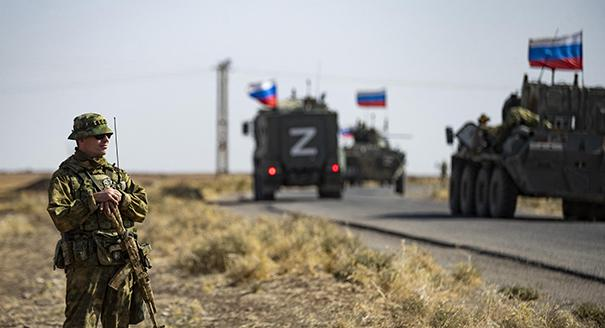US to Send $200 Million in Military Aid to Ukraine

The Pentagon will provide Ukraine with $200 million in weapons and ammunition to help sustain Kyiv’s counteroffensive as troops on the front lines face significant hurdles against a well-entrenched Russian defense, according to two US officials.









